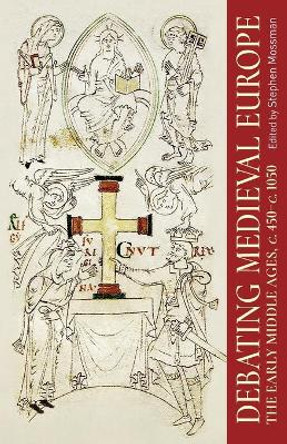Description
The belief in the reality of demons and the restless dead formed a central facet of the medieval worldview. Whether a pestilent-spreading corpse mobilised by the devil, a purgatorial spirit returning to earth to ask for suffrage, or a shape-shifting demon intent on crushing its victims as they slept, encounters with supernatural entities were often met with consternation and fear. Chroniclers, hagiographers, sermon writers, satirists, poets, and even medical practitioners utilised the cultural 'text' of the supernatural encounter in many different ways, showcasing the multiplicity of contemporary attitudes to death, disease, and the afterlife. In this volume, Stephen Gordon explores the ways in which conflicting ideas about the intention and agency of supernatural entities were understood and articulated in different social and literary contexts. Focusing primarily on material from medieval England, c.1050-1450, Gordon discusses how writers such as William of Malmesbury, William of Newburgh, Walter Map, John Mirk, and Geoffrey Chaucer utilised the belief in demons, nightmares, and walking corpses for pointed critical effect. Ultimately, this monograph provides new insights into the ways in which the broad ontological category of the 'revenant' was conceptualised in the medieval world.
About the Author
Stephen Gordon graduated with a PhD in medieval literature and archaeology from the University of Manchester, UK, and currently works at Royal Holloway, University of London. He is an interdisciplinary scholar of medieval and early modern supernatural belief and has published widely in his chosen research area.
Book Information
ISBN 9781032082448
Author Stephen Gordon
Format Paperback
Page Count 244
Imprint Routledge
Publisher Taylor & Francis Ltd
Weight(grams) 453g










![The Rose Demon: A terrifying tale of medieval England by P. C. Doherty 9780747254416 [USED COPY] The Rose Demon: A terrifying tale of medieval England by P. C. Doherty 9780747254416 [USED COPY]](https://cdn11.bigcommerce.com/s-zkx5lhzlf8/images/stencil/444x444/products/4856930/4856160/9780747254416__48174.1722037779.jpg?c=1)